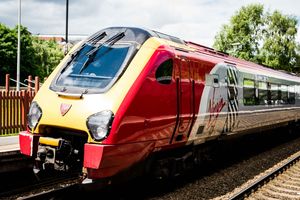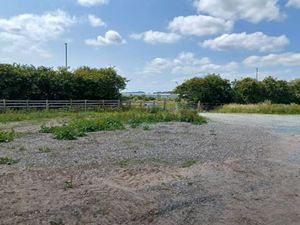New passenger record for Virgin Trains
Virgin Trains has broken passenger records between London and the West Midlands after nearly doubling rail industry growth levels.

More than 12.7 million journeys were made on the route over the last year, a 4.2 per cent increase on the year previously and up from 9.1m only six years ago.
The current growth trajectory will see nearly 50m passenger journeys being made on the whole West Coast mainline route by 2026 when the HS2 route between London and Birmingham is due to open. In the last financial year, there were 39.5m journeys, nearly triple the 14m in 1997 when Virgin took over the route.
It comes as a new report by Campaign for Better Transport found that growth on the West Coast mainline route had nearly doubled that of the rest of the rail industry following investment by Government and industry in the Virgin High Frequency timetable a decade ago.
The new figures came as Stagecoach, which owns 49 per cent of Virgin Rail Group, reported strong trading and positive progress in its rail division for the current financial year to April 27.
There has been like-for-like revenue growth for each of the group's main businesses with Virgin Rail Group up 6.7 per cent for the 44 weeks to March 2. UK rail up 1.4 per cent and regional UK bus up 3.4%
It said the financial performance of its rail businesses was ahead of our expectations.
Phil Whittingham, managing director of Virgin Trains said the rate of passenger growth had taken years of investment and commitment.
“We have worked tirelessly with Government and industry partners to completely transform the West Coast route, introducing a fleet of new trains, achieving one of the biggest timetable changes since privatisation without a hitch and bringing a focus on customer experience that the industry had not experienced before. This report offers a useful insight into the scale of this transformation and its wider positive impacts on regional economies and the environment,” he said.




